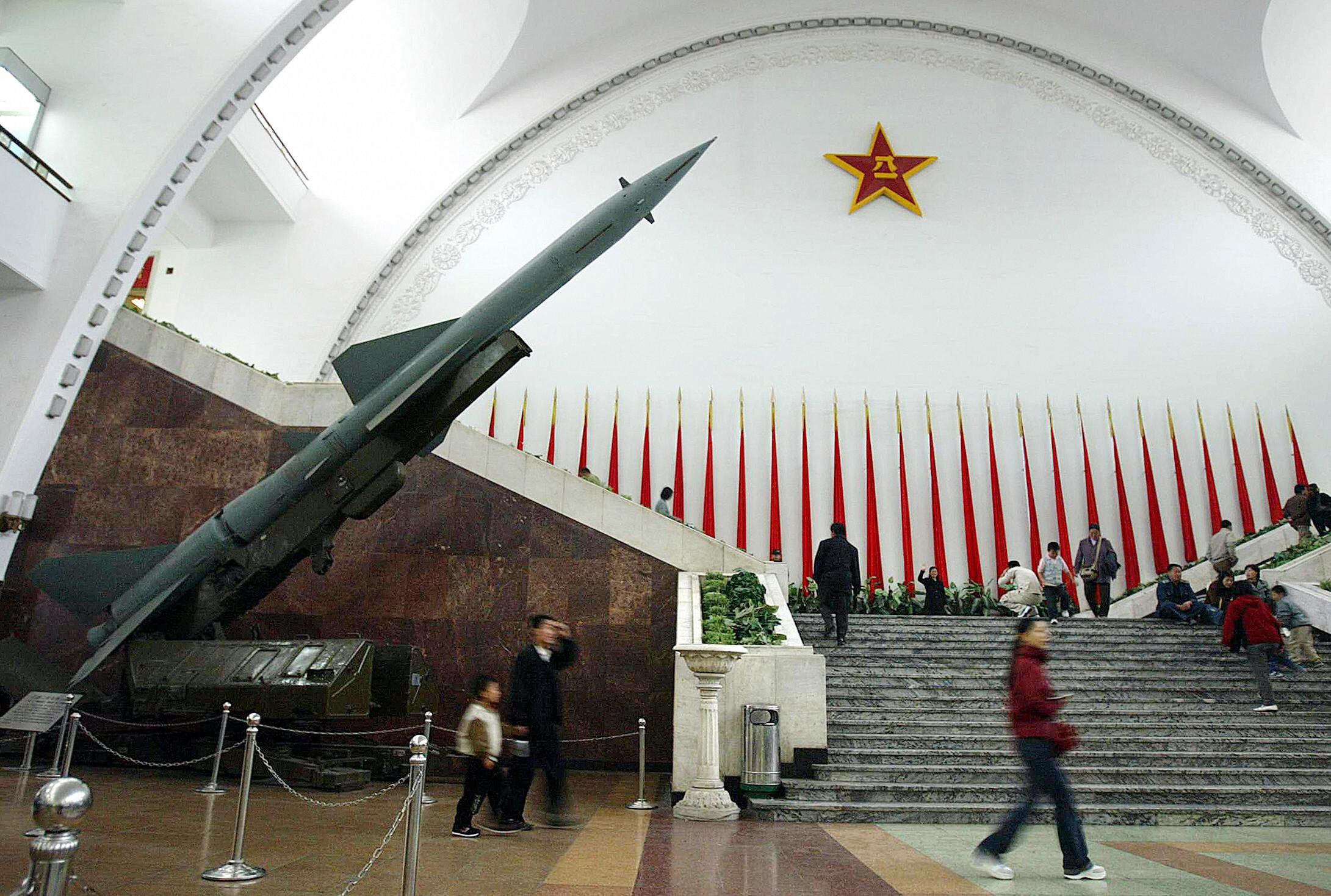The Department of Defense (DOD) is now prioritizing space companies’ ability to defend rockets launching spy satellites into space against Chinese or Russian interference, The Wall Street Journal reported, citing people familiar with upcoming Pentagon guidance.
While DOD previously judged contract bids on the basis of resiliency and cost, growing tensions with two major powers and access to advanced satellite-destroying technology has spurred a change in the Pentagon’s strategy to protect sensitive military equipment, according to the WSJ. The new requirements will feature in the third phase of the Space Force’s national security satellite launch program, which is expected to be announced in February.
At least three rocket companies will likely compete for the next round of contracts for defense-related satellite launches, budgeted at $1.2 billion for fiscal year 2023, the WSJ reported, citing people familiar with the matter. United Launch Alliance, a joint venture of Boeing and Lockheed Martin, as well as Elon Musk’s SpaceX are likely to vie for Pentagon contracts. (RELATED: The US Is Preparing For The Possibility Of War With China — In Space)
As part of the contracts, the companies will now have to prove that they can fend off Russian or Chinese interference, whether via antisatellite missiles or other electronic means of disrupting launches, the WSJ reported.
“We’re awaiting requirements to meet the China threat,” Tory Bruno, chief executive of ULA, told the WSJ.
Raucous, fiery blasts make a rocket especially noticeable upon liftoff, and both rockets and the satellites they carry are easily visible in space to adversaries’ intelligence-gathering agencies, according to the WSJ.
The Biden administration’s National Defense Strategy, released in October, pegged China’s rising space capabilities as a major concern for the U.S., part of what defense leaders call China’s “pacing threat” as the lone nation able to match or outmaneuver the U.S. in defense and technological capabilities.
China launched an antisatellite missile test in 2007, and a report from Congress’ China watchdog found that Beijing’s People’s Liberation Army is likely stockpiling weapons able to take down U.S. satellites used for gathering intelligence, mapping out attack pathways and communications.
Russia has also expanded its antisatellite program, successfully destroying one of its inoperative satellites in 2021 with a missile made for the purpose, according to the WSJ.

Visitors to the Chinese Military Museum walk past a Chinese-made HQ-2 missile on display, 07 October 2003 in Beijing. (FREDERIC J. BROWN/AFP via Getty Images)
U.S. leaders and defense officials have shifted their focus to space in recent years, exemplified by the creation of the Space Force three years ago as of Dec. 20 under former President Donald Trump. They’ve also highlighted China as the major challenge, while Russia and other major rivals have demonstrated technological advancements enabling them to take down satellites and conduct war in the space domain.
In response, the Pentagon has doubled down on efforts to enhance its own defense capabilities in space.
The Chinese and Russian embassies did not immediately respond to the Daily Caller News Foundation’s requests for comment.
All content created by the Daily Caller News Foundation, an independent and nonpartisan newswire service, is available without charge to any legitimate news publisher that can provide a large audience. All republished articles must include our logo, our reporter’s byline and their DCNF affiliation. For any questions about our guidelines or partnering with us, please contact licensing@dailycallernewsfoundation.org.












